MVHS Alumni: Bursting the Bubble
Alumni experience interacting with people that have different viewpoints than them
by Alyssa Hui
S
ilicon Valley students are known for living in a bubble of certain opinions, perspectives and demographics. After leaving MVHS, many students are forced to interact with people that have different opinions than them. They have to break out of this bubble that they have lived in their whole lives and learn how to communicate with those around them. Here are three stories of MVHS alumni and an experience they had talking to someone with a different perspective than them.
A moment of surprise:
While working for the 2016 senate runoff election in Baton Rouge, La., class of 2015 MVHS alumna Michaela Murphy spoke to many people with varying political views, many different than hers. There were many opinions on subjects such as gay marriage, gun regulation and drug legalization or decriminalization. Although she talked to many people, one conversation in particular stood out to her.
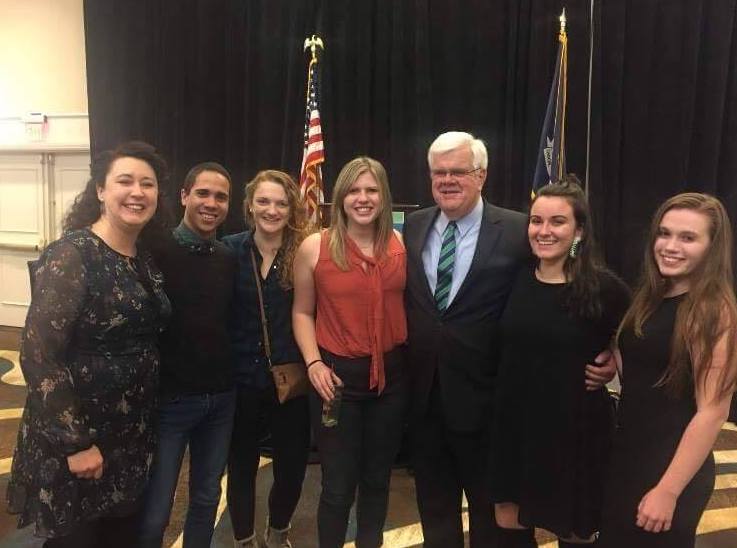
“A constituent in Baton Rouge told me he would only ever vote for male candidates running for major political office, because women were too irrational and emotional to handle the job,” Murphy said.
When she heard this, she was appalled. Although she’s witnessed and experienced gender discrimination before with promotions, mentorships and other similar opportunities, she still couldn’t believe what she was hearing.
“I couldn’t imagine how someone could have such a seemingly outdated view on women and their role in our government and society,” Murphy said. “Especially having grown up in an area like Cupertino where young women are encouraged to enter primarily male-dominated fields like business, management [and] STEM.”
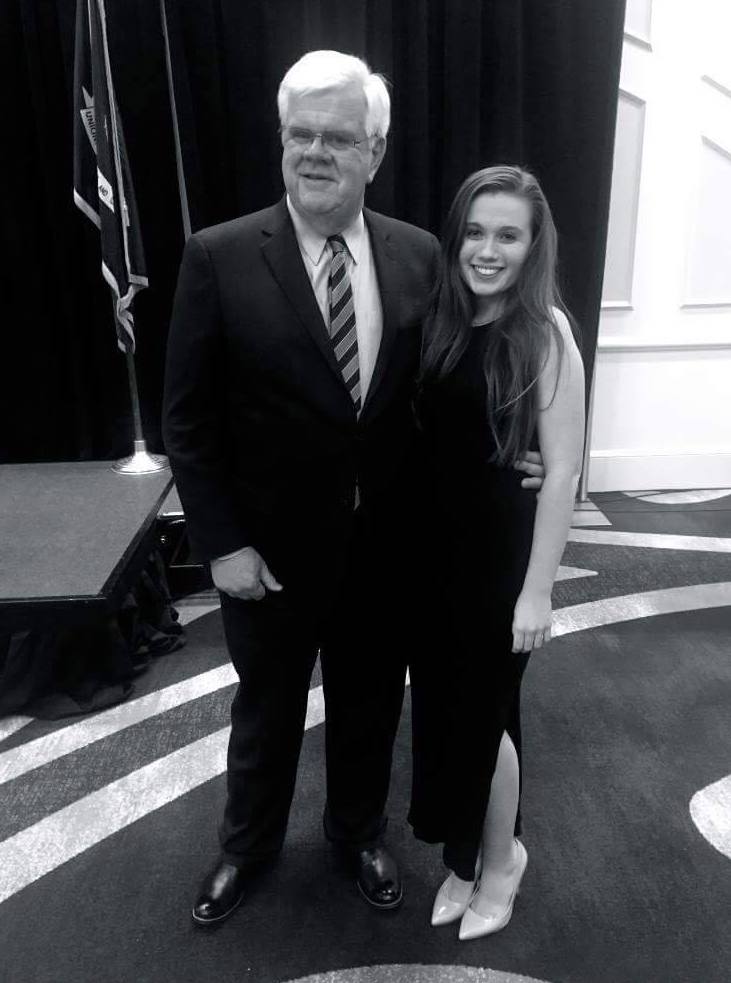
While in Louisiana, Murphy had gone door to door and answered questions that constituents had about her candidate. The majority of people that she had spoken to had been supportive about the legalization of gay marriage, but there still were people in the region who were unsupportive of it. Even many of the democrats in the area didn’t necessarily have the same political views as democrats in the Bay Area, especially on topics such as gun regulation and marijuana decriminalization.
Murphy explained that in Baton Rouge, those who are democrats have both liberal and conservative views, whereas democrats in the Bay Area and Silicon Valley usually have mostly liberal views.
“I feel like diversity plays an enormous role in why this might be,” Murphy said. “Even just from a geographic perspective, the coasts of our country often tend to be where we see the most diversity of opinion, of people, and of culture.”
A change in setting:
While Murphy experienced interacting with people with different viewpoints than her when she was working, class of 2016 MVHS alumnus Vishal Kathardekar experienced this while in college.
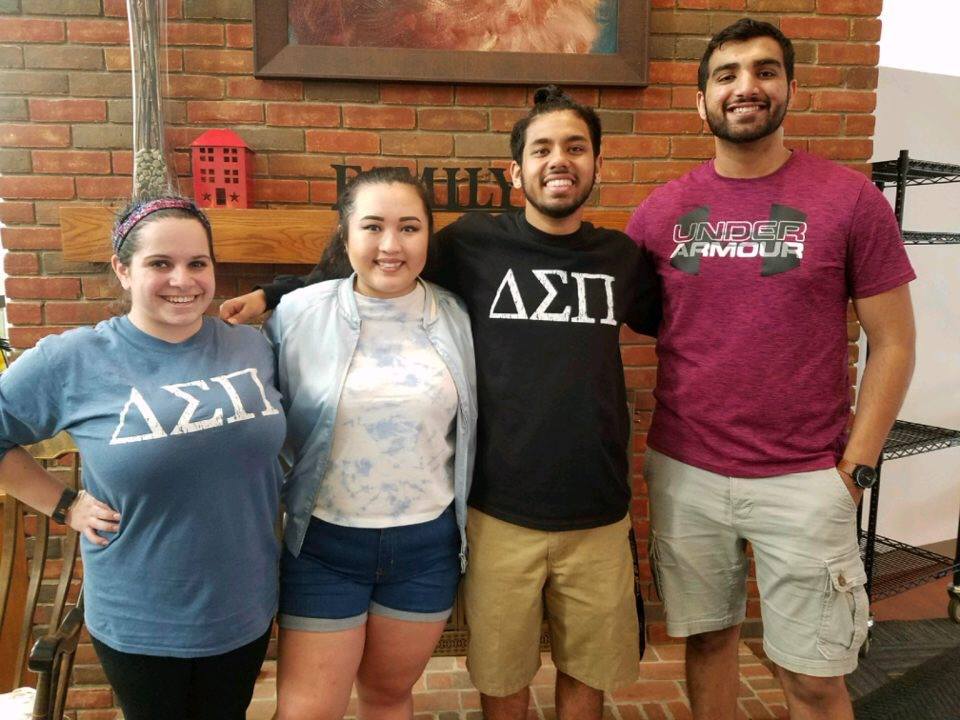
At the student union in the University of Akron in Ohio, a table would be set up by the Christian Club everyday, with a question post that asked whether or not abortion should be legal. Whenever Kathardekar saw the table, he would place his answer in the jar that said yes.
“It's interesting because you see a lot more of a conservative presence [in Akron, Ohio] than you do in the Bay Area,” Karthardekar said.
While in California, most of the people Karthardekar interacted with thought that abortion and women's rights were important. However in the midwest, many people he spoke to were bewildered by the idea of abortion. This was just one of the things he noticed that was different from the Bay Area. Another big perspective that Karthardekar was exposed to in college were ideas about gun control.
“A lot of the people that I know [in Ohio] own guns and they're my age,” Karthardekar said. “It's not like they're older people and so it's not something that you see [in Cupertino]. I don't know anybody in my graduating class who owns a gun or whose parents own a gun.”
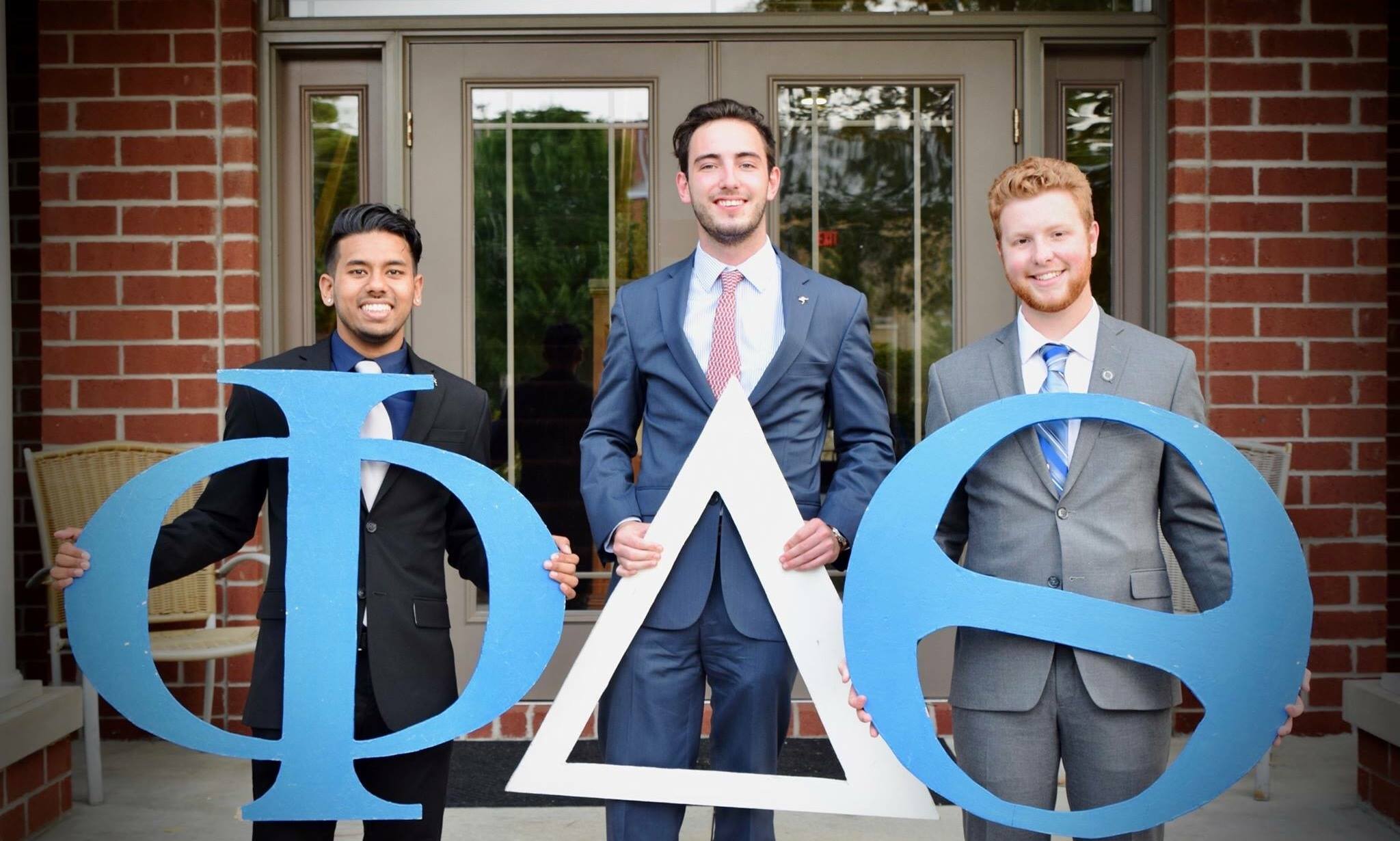
Karthardekar had come across many people while in college that had different opinions than him. He explained that when in disagreement, neither person’s opinion is wrong nor right.
“I think it's definitely more important to have a discussion than it is to argue,” he said. “Arguments and competition doesn't always lead to the most desirable results.”
Opposite perspectives:
Class of 2017 MVHS alumnus Salil Uttarwar also had experienced talking to people in college who had different opinions than him.
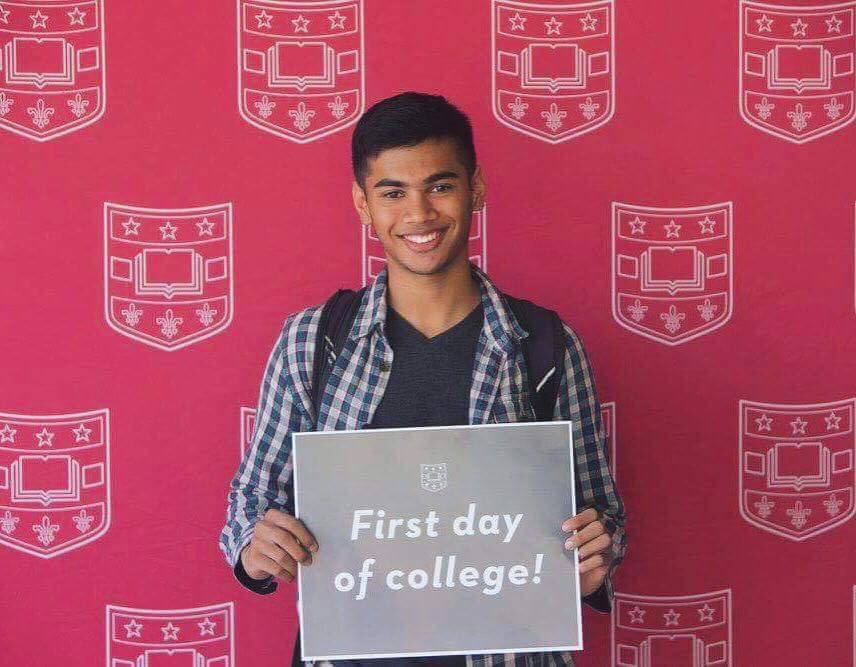
In a class based on discussion of political and controversial issues in the United States today, in the Washington University in St. Louis, Mo., the Charlottesville protests had come up and whether the identities of who participated in the rallies should be released to the public. Uttarwar, personally, did not think that they should be released. He explained that it is so easy to find out a person’s identity, like where they live and their phone number, with the technology we have today.
“I argued that we shouldn't because with it, comes more problems,” Uttarwar said. “The people who were participating in the rally will receive death threats and property damage. The people associated with them, like their family and such, would also receive some consequences of the person's actions even if they didn't share the same political ideology.”
His classmate however, disagreed.
“They thought that the anonymity of someone hiding behind the mask of no identity allowed someone to practice their ideology and practice their hate speech without repercussions,” Uttarwar said. “That was their argument and it makes sense, but I believe [otherwise].”
Uttarwar pointed out that when talking to someone with a different opinion, one is arguing with the idea and the opinion, not the person. He also explained that people should consider the background of the person they’re talking to—their culture, their ethnicity, their economic standards and even where they grew up.
“They all come from different cultures and backgrounds,” Uttarwar said. “That's what college kind of does, it's like a huge melting pot of different people and different ideas and that's something that makes it really eye opening when compared to [MVHS] or Cupertino.”